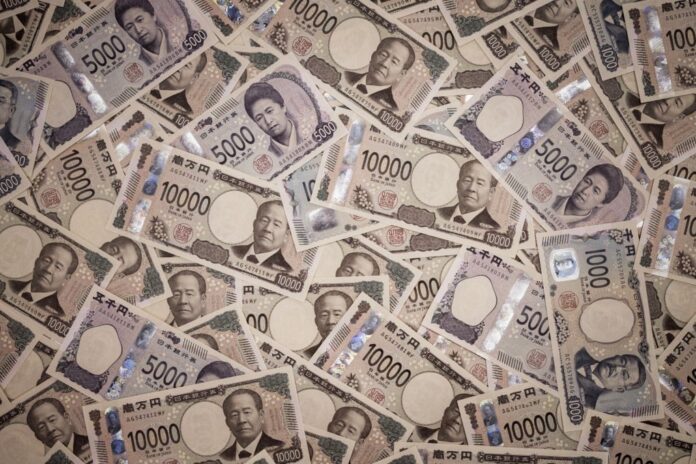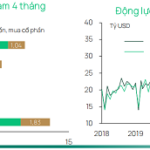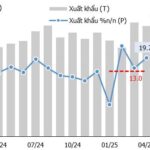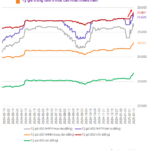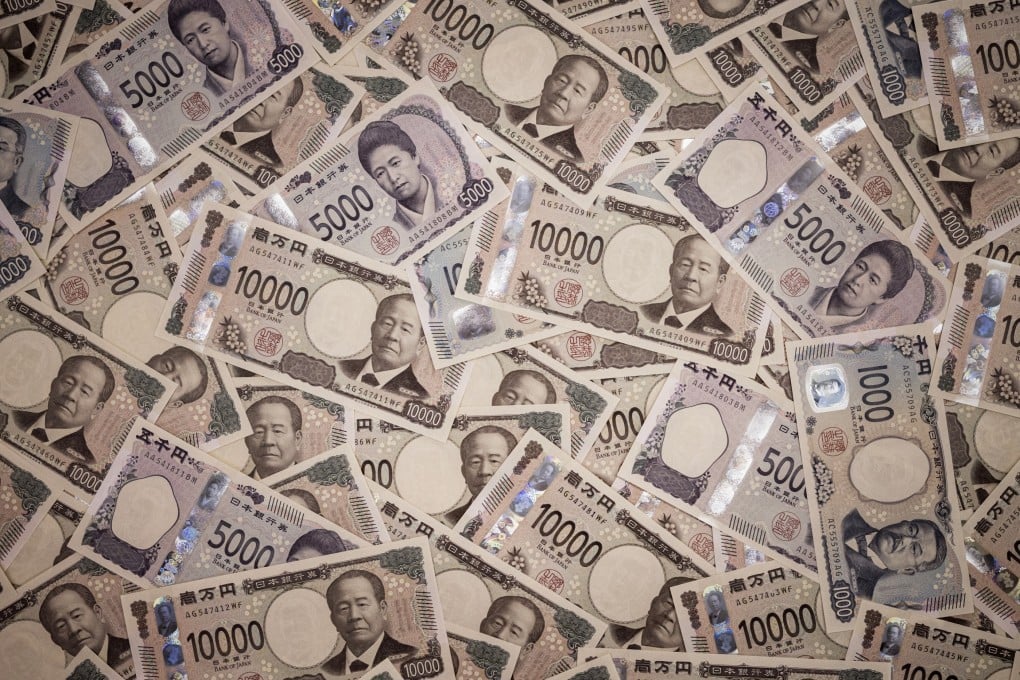
For the first time in 34 years, Japan has lost its position as the world’s largest net creditor nation, despite boasting record-high external net assets.
According to data released by the Ministry of Finance on May 26 in Tokyo, Japan’s external net assets stood at ¥533.05 trillion ($3.7 trillion) at the end of 2024, marking an approximate 13% increase from the previous year.
Although this figure represents an all-time high in assets, Japan has been surpassed by Germany, whose external net assets totaled ¥569.7 trillion. China remains in third place with net assets of ¥516.3 trillion.
Germany’s surge in external assets reflects its significant surplus, which reached €248.7 billion ($283.2 billion) in 2024, largely attributed to robust trade performance.
Japan’s trade surplus, as per the Ministry of Finance, amounted to ¥29.4 trillion, roughly equivalent to €180 billion. In the previous year, the euro-yen exchange rate appreciated by about 5%, contributing to Germany’s increased external assets when valued in yen. For Japan, the weak yen played a role in boosting both its assets and foreign liabilities, but assets grew at a faster pace, partly due to expanded outbound business investments.
The Ministry noted that Japanese companies maintained a strong appetite for outward foreign direct investment in 2024, particularly in the United States and the United Kingdom. Sectors such as finance, insurance, and retail attracted significant capital from Japanese investors.
Given the current tariff policies of US President Donald Trump, some Japanese companies may be incentivized to relocate their production or shift assets to the US to mitigate trade-related risks.
In economics, a net creditor nation refers to a country with positive net external assets, indicating that its international assets exceed its international liabilities. This includes:
It’s not just about government bonds or lending to other countries; it comprises:
-
Foreign Direct Investment (FDI)
-
Portfolio Investment (stocks, bonds)
-
Foreign Exchange Reserves
-
Bank Deposits
-
Commercial Loans
Dragon Capital: Resolution 68 Boosts Private Sector Amid Global Turbulence
Dragon Capital applauds Resolution 68, which presents a comprehensive policy framework. The resolution underscores a commitment to decriminalizing civil and economic offenses while strengthening property rights. These pivotal aspects are instrumental in fostering business confidence and spurring investment.
“KIS Research: April Macro View – Economic Resilience Amid Looming Challenges”
“Vietnam’s macroeconomic landscape remained positive in April, according to KIS Securities. However, early signs of a slowdown are emerging amid concerns over global tariffs. The country’s economic momentum is showing tentative signs of softening, with potential headwinds on the horizon.”

